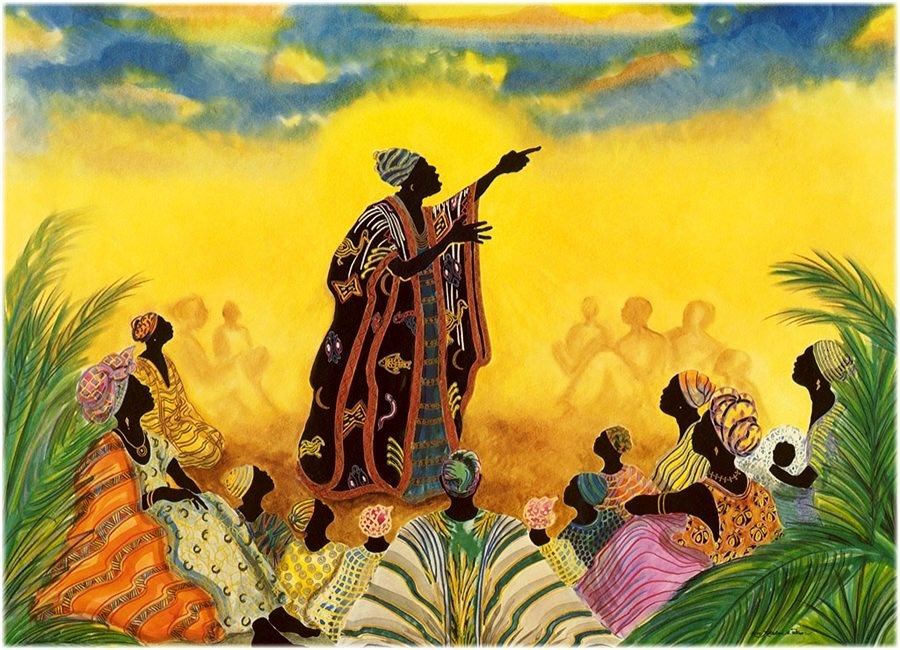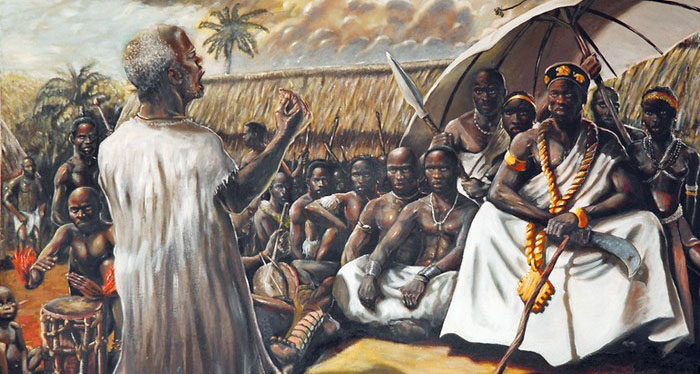West Africa boasts a rich tapestry of cultures and traditions, and one of its most captivating traditions is that of the Griots. These storytellers, praise singers, and oral historians play a pivotal role in preserving the history and culture of their communities. Through generations, Griots have been entrusted with the responsibility of passing down the oral traditions, myths, and legends of their people. They use music, poetry, and prose to recount the heroic deeds of their ancestors, convey the values and wisdom of their societies, and ensure that the legacy of West African communities endures.

Griots are not just historians but also entertainers, captivating audiences with their lyrical storytelling and often accompanying their narratives with traditional musical instruments like the kora and djembe. Their performances are not mere recitations but vibrant, living expressions of the history and identity of their people. Griots also hold the unique privilege of being keepers of the genealogies of their communities, tracing lineages back for centuries. This is vital for maintaining a sense of identity and belonging in West African societies.
Griots are respected figures in their communities, often serving as advisors to chiefs and leaders. They bridge the gap between the past and the present, ensuring that the lessons and experiences of bygone eras remain relevant to contemporary society. Through their storytelling, Griots emphasize the values of unity, respect for elders, and the importance of community. They also play a crucial role in resolving conflicts and mediating disputes, drawing on the wisdom embedded in the narratives they share. The Griots’ contributions to West African culture are immeasurable, and their artistry and storytelling continue to thrive in a rapidly changing world.


